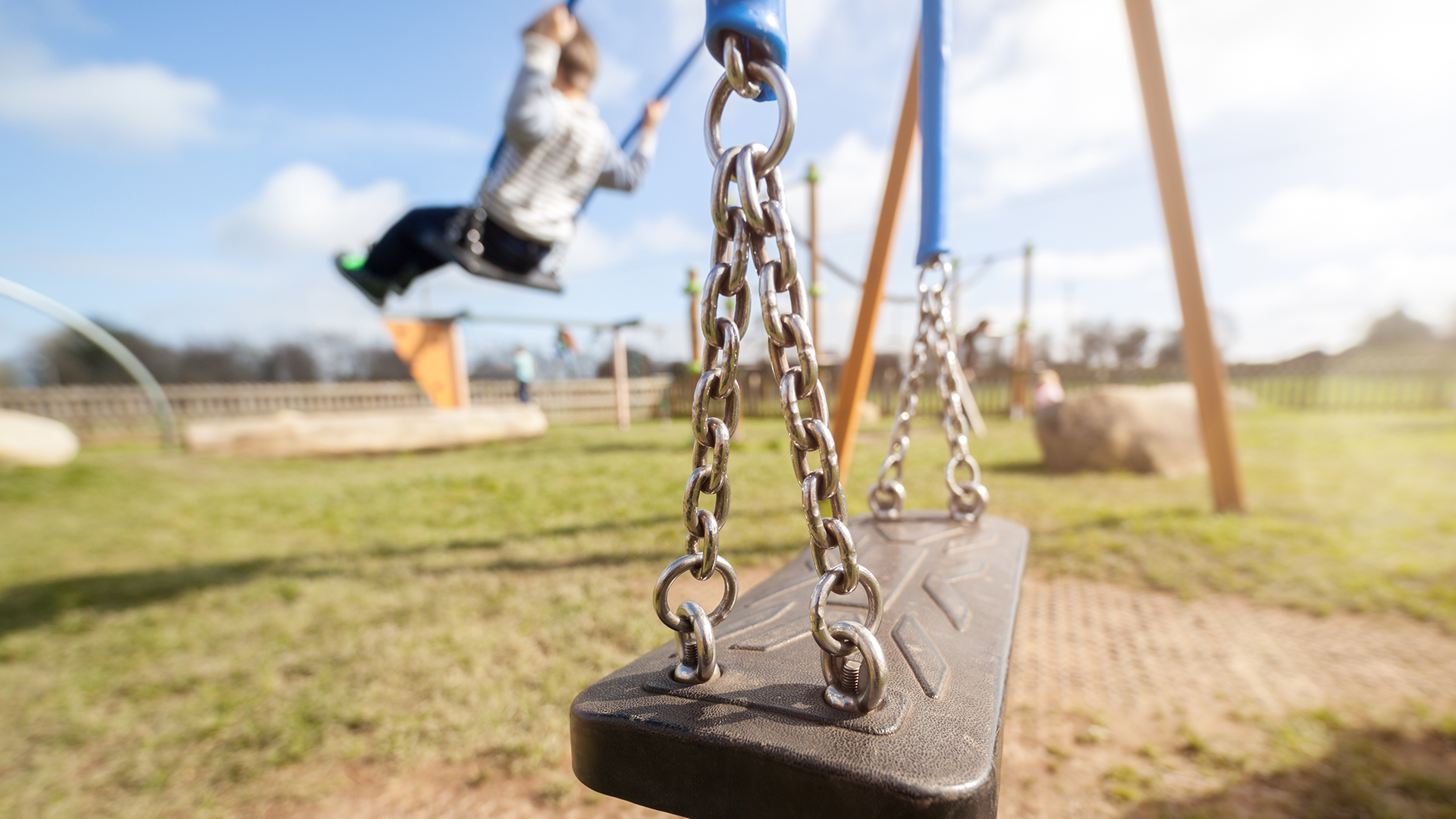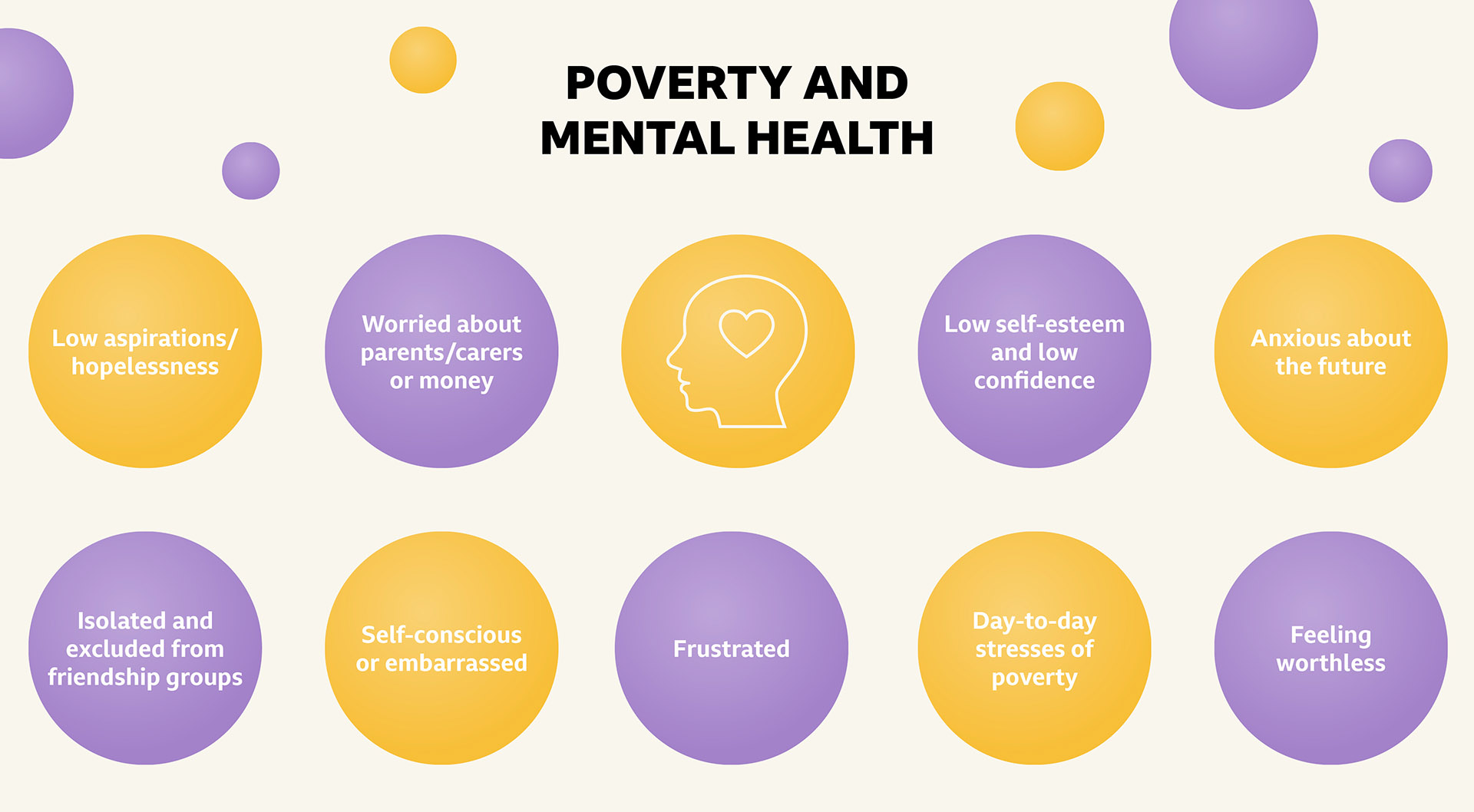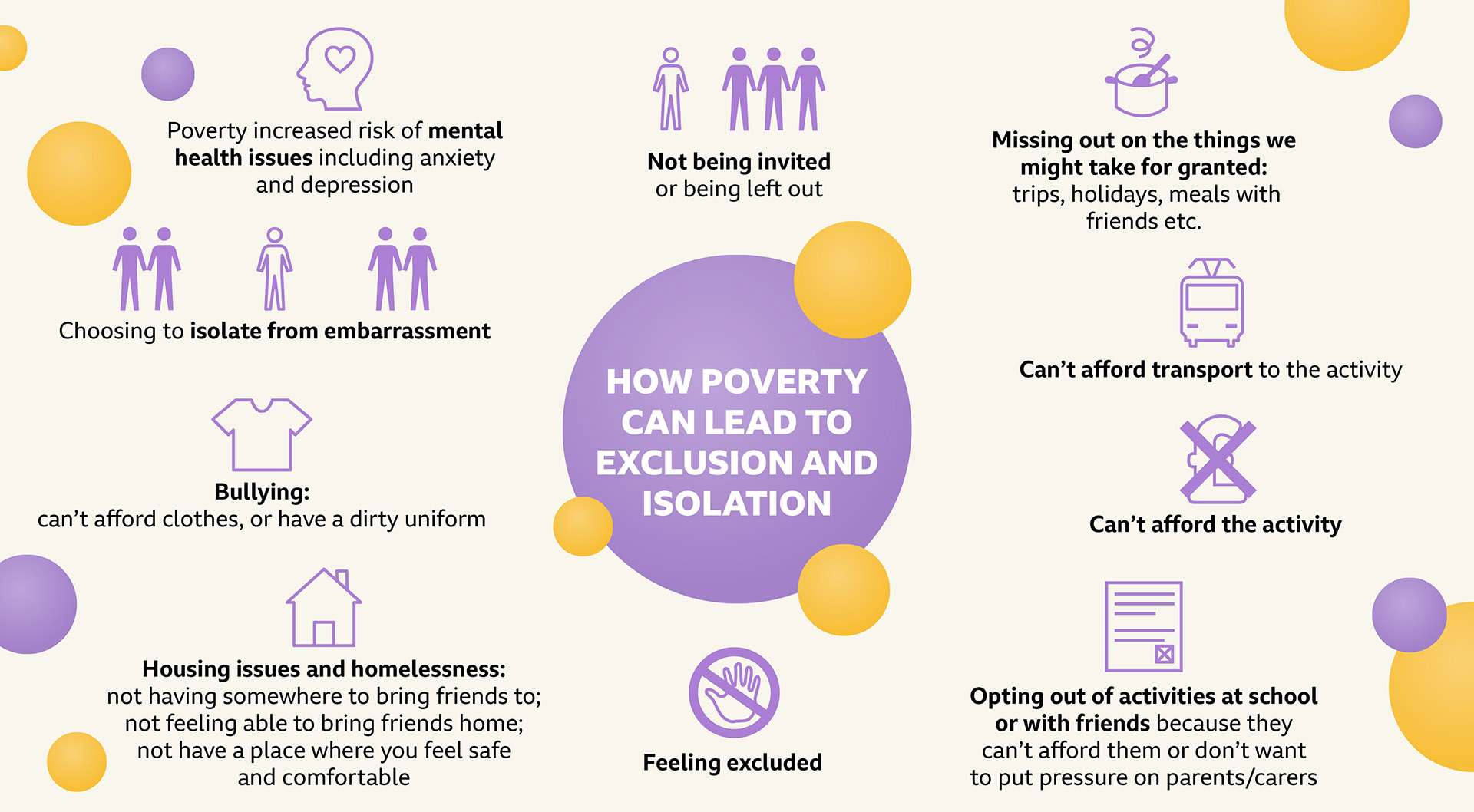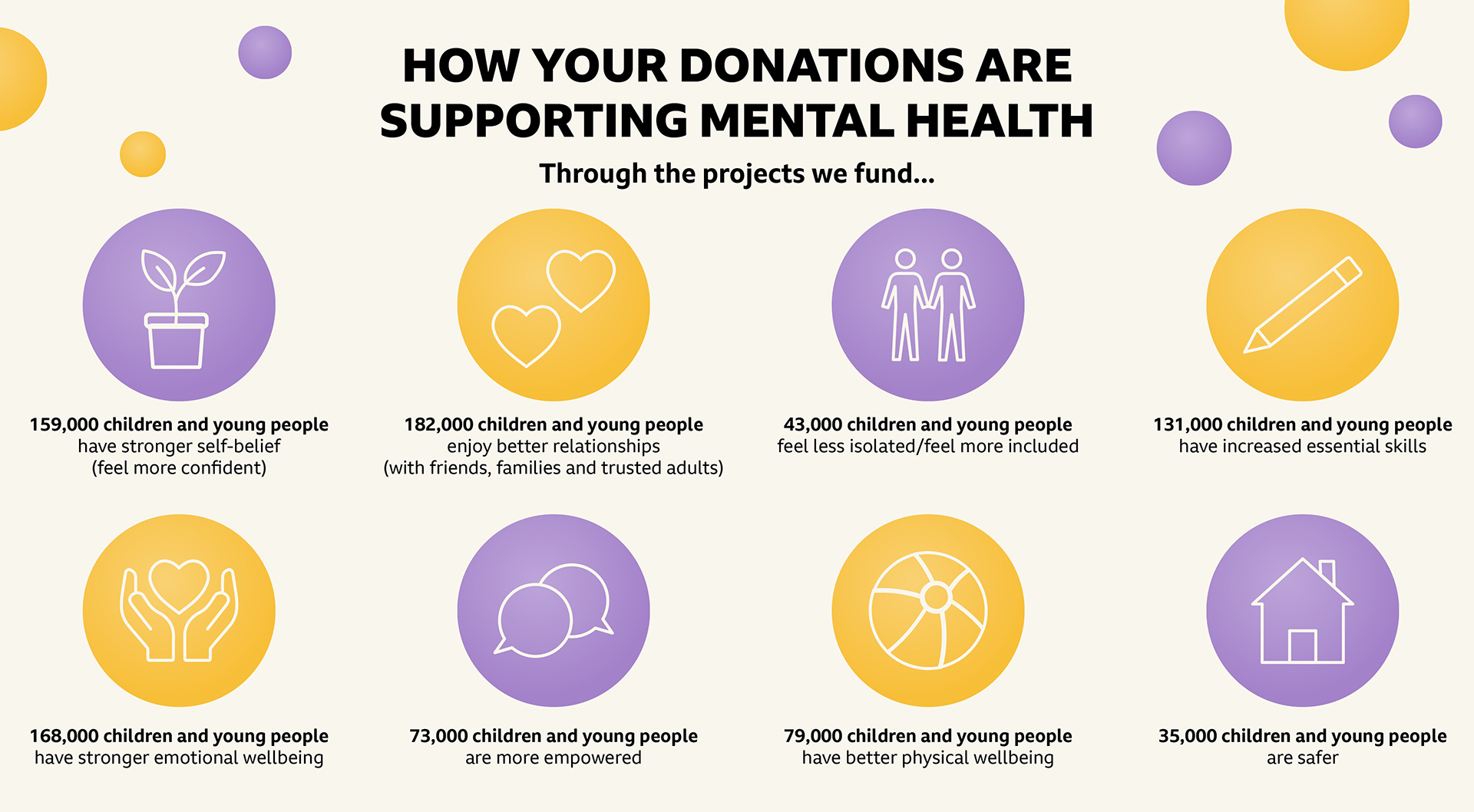
“I can’t afford it” – how poverty can lead to exclusion and isolation
Across the UK, many families are facing challenges to make household budgets stretch. One in five parents say they have struggled to provide sufficient food due to the current cost-of-living crisis (Barnardo’s, October 2022).
But food and energy aren’t the only difficulty. Rising poverty means that more children and young people are facing challenges affecting their sense of self and dignity. Over a quarter (26%) of parents say their child’s mental health has worsened due to the cost of living crisis (Barnardo’s, October 2022).
Losing choice (e.g. what food you want to eat), opportunity (e.g. access to activities) hope (for the future or improvement in situation) and dignity can have significant impacts on mental health. In particular, children and young people can find themselves socially excluded when they are unable to afford to take part in activities with friends. This can lead to feelings of isolation and loneliness.

With help from your donations, locally funded projects can help to ensure that children and young people are able to access activities and opportunities to develop skills and connect with others who understand their situation.
One of those projects is STEP Swindon. They provide a safe and supportive environment for children and young people who are experiencing isolation and exclusion due to a number of reasons, including poverty.
Johanna, Project Director, STEP SwindonYoung people miss out on social activities with peers and friendship groups if the activity involves a cost.
Johanna, Project Director at STEP Swindon, says there are many ways in which poverty can lead to social exclusion.
“Young people miss out on social activities with peers and friendship groups if the activity involves a cost,” says Johanna. “They may also choose to isolate to avoid having uncomfortable or embarrassing conversations about ‘not being able to afford’ something.”
Transport is also an issue. Even if activities are free, that doesn’t always help, because often “parents can’t afford to pay for transport costs.”

To ensure that children and young people don’t have to miss out or be worried about affording travel costs, STEP Swindon offer a free minibus service, safely transporting children and young people to and from the project.
Once at the project, they can choose from activity sessions funded through your donations. They can build meaningful connections with others who understand their situation, develop life-skills and feel positive about their futures. They can also access food and snacks at particular sessions in the school holidays.
Hayley, Senior Project Worker, STEP SwindonI truly believe that without our support young people would be left without an invaluable support service.
Hayley, Senior Project Worker at STEP Swindon says her role is “one of the most rewarding jobs” she has ever had.
“Witnessing how young people present at the beginning of the intervention compared to how they are towards the end has taught me that there are no limits as to what can be achieved regardless of need, life experience or expectations.”
“I truly believe that without our support young people would be left without an invaluable support service.”
As the situation around the cost of living crisis in the UK continues to develop, Johanna explains that STEP Swindon are seeing increased demand for their services.
“In 2023 we have seen the demand for STEP transport increasing as our families struggle to manage their finances.”
Funding for projects like STEP Swindon will be more important than ever over the coming months.
But it’s thanks to the generous donations and fundraising of supporters like you, that we can be there for projects and families during the cost of living crisis.

“Each and every one of you in my eyes are hero’s,” says Hayley. “Never underestimate the positive difference each and every one of you makes by raising money, that goes directly to organisations like us, so we can continue to make a positive difference to each and every young person that comes through our doors or is waiting for a service.”



